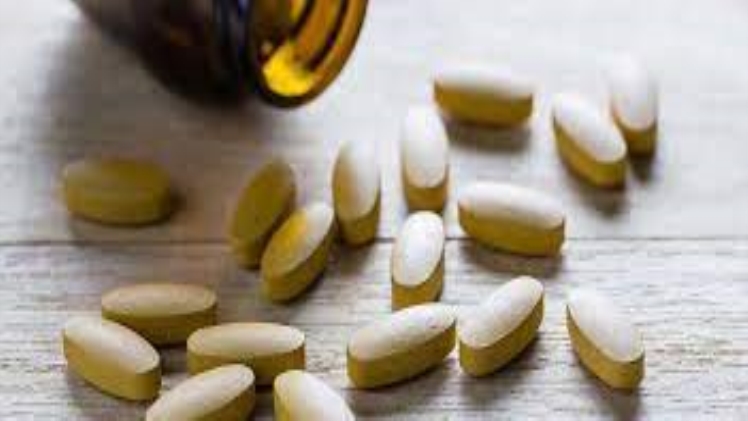As you navigate the maze of sites, you’ll see phrases claiming that vitamin supplements can “increase energy,” “stimulate brain function,” and “improve sex drive.” It all helps explain why Americans shell out $7.5 billion a year on vitamins, hoping to prolong life, slow aging, and protect against a bevy of illnesses. But new research not only refutes many of these claims, it also shows that some of these vitamins may, in fact, be harmful in excess.
To date, 13 vitamins essential to human health have been discovered. Vitamins are classified as fat soluble or water soluble, according to how they are absorbed and stored in the body.
The fat-soluble vitamins (vitamins A, D, E, and K) need fat in order to be absorbed into the bloodstream from the intestinal tract. Thus, people who have fat-malabsorption disorders can develop deficiency symptoms even if their diet supplies adequate amounts of a vitamin. Many people with celiac disease, for instance, which impairs the absorption of dietary fat, have low vitamin D levels.
VITAMIN FACTS
The B vitamins are grouped together because they all help your body convert the food you eat into energy. Each member has both a name and number.
- B1—Thiamine
- B2—Riboflavin
- B3—Niacin
- B5—Pantothenic acid
- B6—An umbrella term for six chemicals that work in a similar way. The most common type in supplements is pyridoxine.
- B7—Biotin
- B9—Folic acid
- B12—This also comes in several forms, which are called cobalamins.
Minerals
Minerals, which constitute about 4 percent of our body weight, are generally classified according to the amount we require each day:
- Calcium, phosphorus, and magnesium are classified as macrominerals because you need and can store larger amounts.
- Iron, fluoride, manganese, iodine, selenium, zinc, chloride, potassium, sodium, molybdenum, chromium, and copper are classified as trace or microminerals, because the requirements are much smaller and they are stored in extremely small amounts in the body.
All of these minerals are vital to health, and because the body is unable to make them on its own, they must be provided by food.

